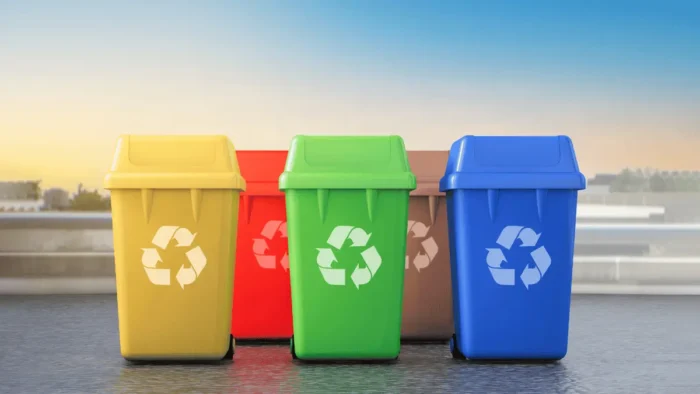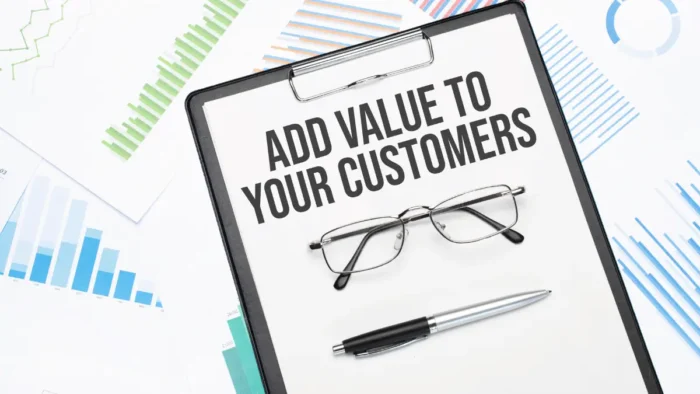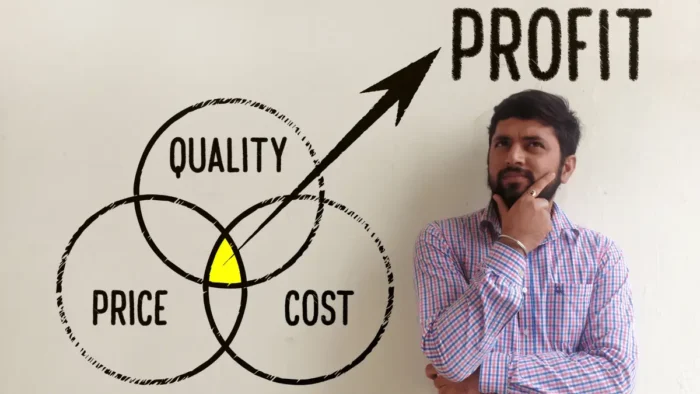Improper waste management can lead to environmental pollution, employee health hazards, and legal consequences. It can also result in unnecessary waste disposal expenses and damage your company’s reputation. Therefore, it is crucial to have a proper waste management plan in place to remove the waste from your business premises efficiently.
In this guide, we will discuss some clever tips you can implement to effectively manage and reduce waste on your premises. Following these tips can improve your business’s sustainability, save money, and contribute to a cleaner environment.
1. Understand the Importance of Waste Management in Your Business
Waste management may seem like a small aspect of running your business, but it holds significant importance. Proper waste management can prevent environmental pollution and positively impact your business’s bottom line. By effectively managing waste, you can save money on disposal fees and generate revenue by recycling or repurposing certain materials.
Moreover, if you implement sustainable waste management practices, it can improve your company’s reputation and attract environmentally-conscious customers and partners. It also showcases your commitment to corporate social responsibility and can help you comply with environmental regulations.
2. Implement Effective Waste Reduction Strategies
Implementing effective waste reduction strategies is crucial in managing waste in your business.
One approach is to reduce the amount of waste that your business generates by implementing sustainable practices such as reducing paper usage, opting for reusable materials, and recycling whenever possible.
Another strategy is to properly segregate waste to ensure that it can be disposed of or recycled correctly. You can also consider partnering with waste management companies to implement more efficient waste removal processes. If you’re from Sydney, you can consider efficient business waste removal in Sydney or opt for other eco-friendly waste disposal and recycling methods.
When you implement such strategies, your business can significantly reduce the amount of waste they produce and move towards a more sustainable future.
3. Encourage Employee Participation in Waste Management
You must ensure that your employees are educated about the importance of proper waste management and how they can contribute to it. You can also organize workshops or training sessions to teach your employees about waste segregation, recycling, and other sustainable practices.
Incentivizing employees for their contributions towards waste reduction can also encourage them to participate actively in waste management efforts. Also, creating a culture of sustainability and promoting green initiatives within the workplace can motivate employees to be more conscious of their waste habits.

4. Explore Sustainable Options for Waste Disposal
Exploring sustainable options for waste disposal is another crucial step towards effective waste management. This can require investing in composting or anaerobic digestion facilities to turn organic waste into fertilizers or renewable energy sources.
Your business can also opt for innovative methods like converting non-recyclable materials into fuel or partnering with companies specializing in repurposing difficult-to-recycle materials. Furthermore, using technology and data analysis can help you identify areas where waste can be reduced or eliminated, allowing for more sustainable waste management practices.
5. Utilize Technology to Facilitate Waste Management Processes
Technology plays a significant role in streamlining waste management processes in your business.
If you implement advanced waste management software, you can track your company’s waste generation, disposal, and recycling activities, allowing you to identify areas for improvement.
Data analysis tools can help you identify patterns or trends in waste production and provide insights on how to reduce it. Technology like RFID tags and sensors can improve your waste sorting process and minimize waste collection errors.
With technology, you can improve your waste management processes and make them more efficient and cost-effective. This further helps your business move towards a greener and more sustainable future.
6. Assess and Monitor Your Business’s Waste Output: Key Metrics and Tools
Assessing and monitoring your business’s waste output is essential in identifying areas where waste can be reduced through the implementation of effective waste management strategies. This includes monitoring critical metrics like waste production, the types of waste generated, and the methods employed for disposal.
To gather this information, you can utilize various tools such as waste audits, waste tracking software, and data analysis.
Waste audits involve physically inspecting waste streams to determine the types and quantities of waste your company generates.
Waste tracking software can help you track waste generation, disposal, and recycling activities in real-time, providing valuable insights for waste reduction in your company.
Data analysis can also be used to identify patterns or trends in waste production and assist you in making informed decisions on waste management strategies.
Conclusion
Proper waste management is crucial for businesses to ensure environmental sustainability, cost-effectiveness, and regulation compliance. By following these tips, your business can efficiently remove waste from its premises and, in such a way, contribute to a cleaner environment and improve its bottom line. Let us all work towards creating a more sustainable future for our businesses and the planet.





